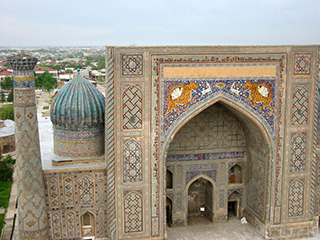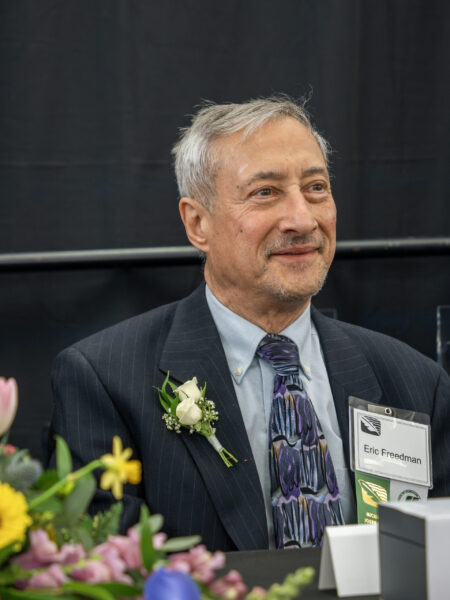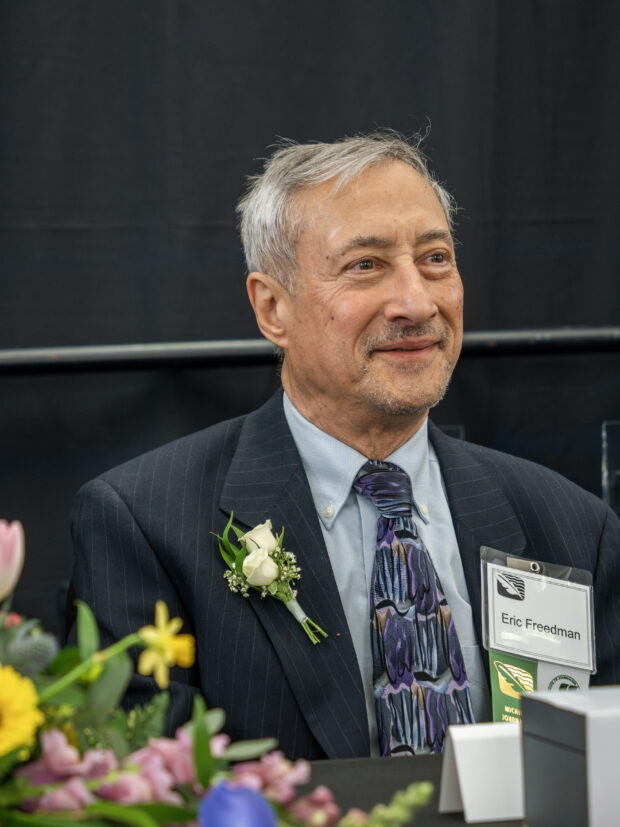Michigan State University students with diverse backgrounds and life experiences are eligible for five paid internships this summer at major multi-media Michigan news organizations.
These internships through MSU’s Knight Center for Environmental Journalism meet the MSU J-School’s internship requirement. Environmental expertise or particular interest is not required. But you’ll gain both.
The application deadline is 10 p.m. on March 26, 2025
Four internships are with members of the Great Lakes News Collaborative, a group of independent and multi-media news organizations. They are:
- Bridge Michigan, Michigan’s largest nonprofit news service
- Great Lakes Now at Detroit Public Television, a monthly magazine-style television program with online daily reports
- Circle of Blue, a Traverse City-based news service reporting on worldwide water challenges
- Michigan Public – Michigan’s largest NPR news outlet.
A fifth internship is at Planet Detroit, an independent nonprofit local news organization that reports on the environment and public health in Detroit and Southeast Michigan.
FAQ
Q: Who is eligible?
A: Michigan State University students with diverse backgrounds and life experiences. That includes students graduating at the end of spring semester 2025 or later. It includes students who major in journalism, digital storytelling and other relevant majors. Continue reading



